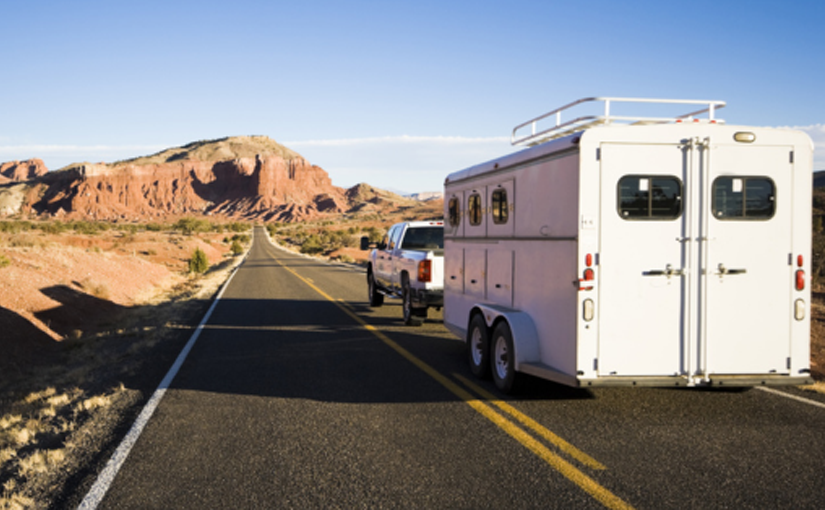One of the most common types of recreational vehicles (RVs) are motorhomes, in which its engine is contained. The other is towables, which are towed by a motorized vehicle. The former will have braking systems most commonly used in heavy-use trucks: air brakes on newer models, drum brakes on older models. The braking systems for towables, however, are more complex. In addition to the demands of effectively breaking the momentum of heavy and unwieldy trailers, braking systems on towable RVs must also work with weight distribution systems. Like the electric brake controllers, and electronic sway control devices. For this vital confluence of tasks, there are two common types of brake controller systems: stable state or time-delayed. Of these and others, what is the best type of brake controller? That depends upon a number of factors. Read on for an overview of the two most common types of trailer braking systems, their benefits, and what is the best type of brake controller for your towable RV.
Importance of Electric Brake Controllers for Trailers
Electric brake controllers are one of the most critical safety mechanisms on a towable RV. In many states – and per the preconditions of a number of insurance providers – electronic brake controllers are a mandatory requirement. Manufacturers automatically install electronic trailer brake controllers on models with tandem axles. Installed or required, trailer brakes are inoperable without an electric brake controller installed, and are invaluable for safe and secure towing. With two common types, a number of variations within each of those types, and a range of brands and models, it takes some research to determine what is the best type of brake controller for your purposes.
Differences Among Electric Brake Controllers
Some of the key differences in electronic trailer brakes deal with how they are controlled. While others vary on the number of brakes that are controlled. There are also a number of other functions that will vary from type to type, brand to brand, and model to model.
Proportional Brake Controllers
Proportional brake controllers distribute force evenly among the brakes on the RV and the towing vehicle. Among the benefits of this system is that it produces less wear on both braking systems than other types. Proportional controllers also brake more responsively, more quickly, and more safely than other methods. It is a more premium option for owners who expect to use their RV with regularity.
Stable State Brake Controllers
Stable state or time-delayed brake controllers operate according to a user-set braking capacity that is relative to the weight of a trailer and its cargo. This allows drivers to tune the braking timing and force via sync applications. Sync applications are included with most of these kinds of electric brake controllers. This electronic brake controller applies the predetermined force and distributes it per the sync settings. With these settings you can decide between putting more weight on the vehicle, more on the towable, or if it’s distributed evenly. Stable state or time-delayed electric braking controllers are generally more affordable than proportional brake controllers systems. They are favored by owners who use their towable RVs more occasionally.
What is the Best Type of Brake Controller?
This post has explored the differences between the two most common types of electric brake controllers for towed RVs, but they have a great deal more in common than not. To determine which will work best for you, consider how you use your towable RV, what your budget is, and the many functions offered by the various electric brake controller manufacturers. Do research, read reviews of brake controllers, and reach out to a qualified dealer of American made high quality trailer brake controllers.
Hayes Towing Electronics Products are Proudly Made in the U.S.A. and In-Stock!












